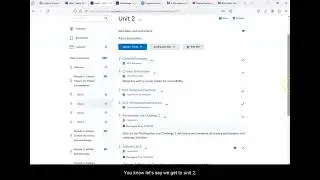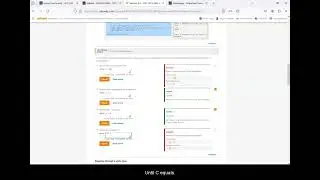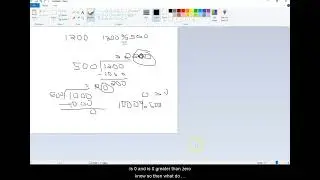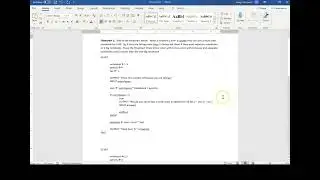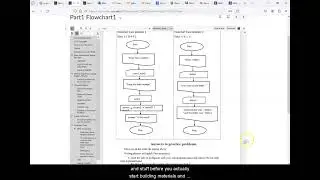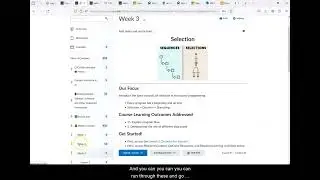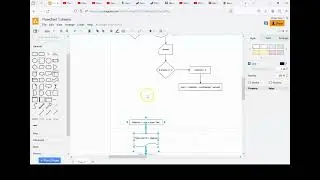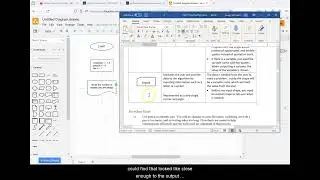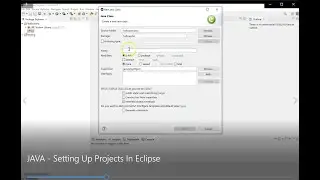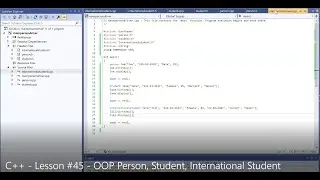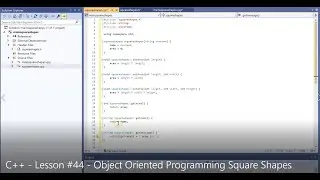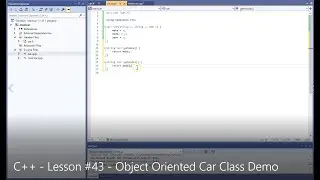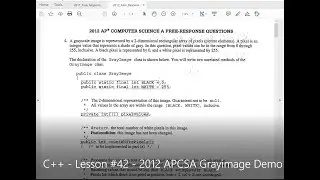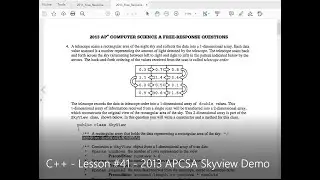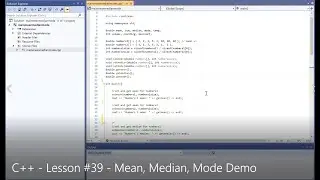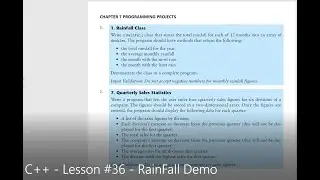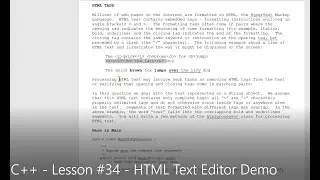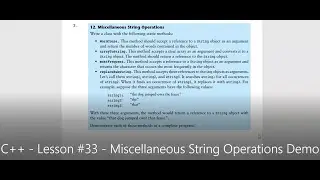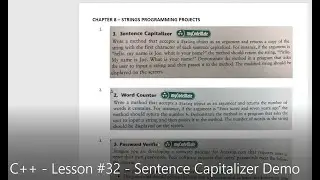C++ - Lesson #22 - Snake Eyes Counter Demo
In this video I demonstrate the Snake Eyes Counter Demo video. I demonstrate reading through a program description and determining what variables will be used and which functions will be called. This program plays a die game called Snake Eyes Counter. I use a do-while loop that allows the user to play the game at least once. The game calls a setcounter() function that rolls a set of dice until it rolls snake eyes. The setcounter() function counts how many times the dice are rolled before snake eyes is returned. Once snake eyes is returned it displays how many rolls it took to roll snake eyes and then asks the user it he/she wants to play again. If they want to quit they can and if they want to play again they can do that as well.
My name is Mike Seely and I teach computer science courses at the high school and college level in Colorado. These videos are appropriate for Introduction to Programming, AP Computer Science A, and AP Computer Science Principles classes. I understand that these videos are not of professional quality, but these are the videos I created for my students while we were all locked up during COVID. My videos are of me demonstrating entire programs and/or worksheets or practice quizzes that I would teach in class. My hope is they have a structured flow to them so they could support your learning in a programming course. I hope these videos help everyone learn a fairly difficult subject :)
PS - I apologize if the closed caption doesn't align with what I am saying. I ran the video through a Google translator and the closed caption is what Google came up with not me.
variables, methods, input, output, functions, primitive data types, int, double, char, boolean, ==, .equals(), print(), println(), sequence, selection, iteration, for loop, while loop, do while loop, nested loops, if, else, if else, nested if statements, {, }, (), abstraction, strings, arrays, 2D arrays, recursion, inheritance, interface, UML, flowchart, And, Or, Not, &&, ||, !, Truth Tables, logic, logic gates, binary, number systems, testing, debugging, writing, programming, Java, C++, Python, Netbeans, IDLE, Visual Studio, constants, final, polymorphism, sorting and searching algorithms, arithmetic expressions, combined operators, +, -, *, /, +=, -=, *=, /=, %, modulus, compiler, comments, //, /*, keywords, reserved words,



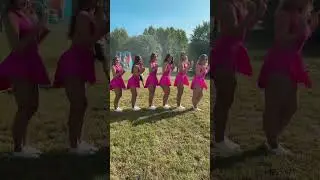

![ETF Come Investire? I 3 ETF MIGLIORI Per PIANO DI ACCUMULO! [GUIDA X PRINCIPIANTI]](https://images.videosashka.com/watch/qewj3E7bxhA)


